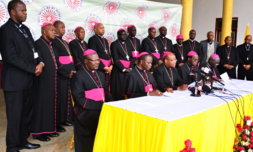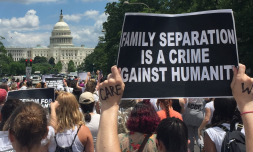Same-sex marriage was legalized in Greece this week after a lengthy parliamentary debate. Though the vast majority of Greek citizens are celebrating the move, pushback from the church highlights tensions between longstanding religious tradition and modern views in the country.
Yesterday, Greece legalised same-sex civil marriage. Although it is the sixteenth European Union country do so, it is the first Orthodox Christian nation to permit same-sex marriage.
The country had extended civil partnership to same-sex couples in 2015, however, it stopped short of extending equal parental rights at the time.
After his landslide re-election last year, Prime Minister Kyriakos Mitsotakis pledged to pass the new measures, telling his cabinet last month that same-sex marriage was a matter of equal rights.
He noted that similar legislation was currently in place in more than 30 other countries, and said that there should be no ‘second-class citizens’ or ‘children of a lesser God’ living in Greece.
In addition to recognizing same-sex marriages, the legislation allows same-sex couples to adopt, and gives the same rights to both same-sex parents as a child’s legal guardian. To date, these rights had only been granted to the biological parent.
PM Mitsotakis highlighted the practical benefits of the law, underscoring its significance in facilitating essential everyday activities for same-sex couples with children, including school pickups, domestic and international travel, as well as access to healthcare.
#Greece: We welcome Parliament’s vote to open marriage to same-sex couples. It is a landmark win for human rights, & a big step forward towards #LGBTQ+ equality
pic.twitter.com/DZRpshiqM9
— UN Human Rights (@UNHumanRights) February 16, 2024





















